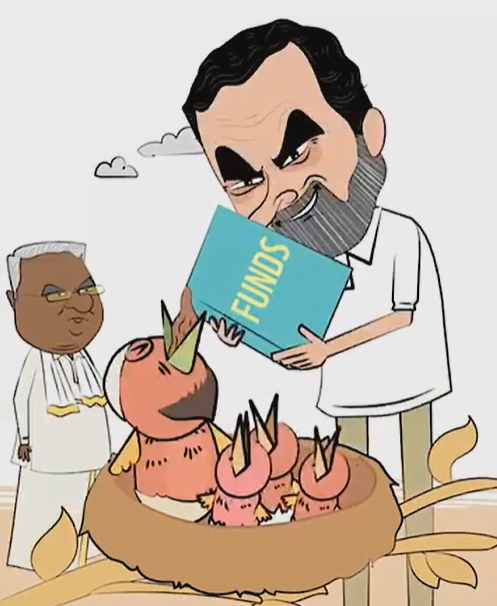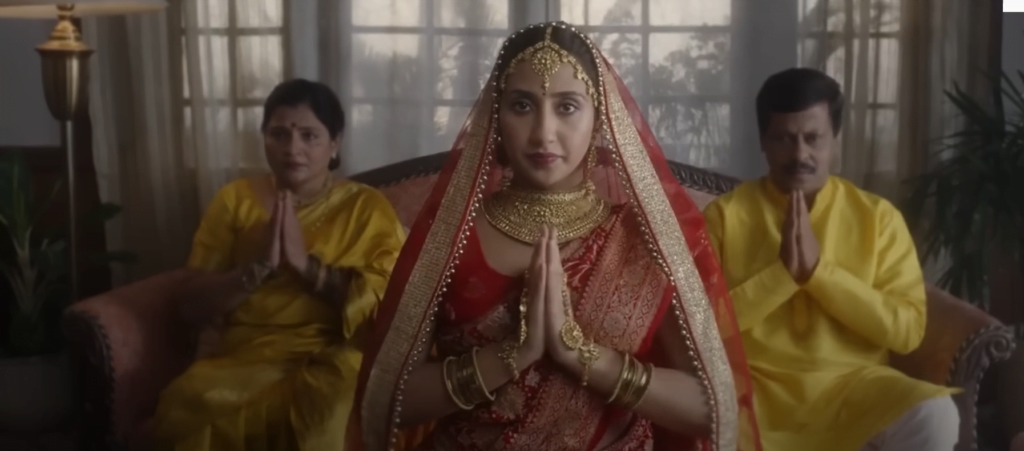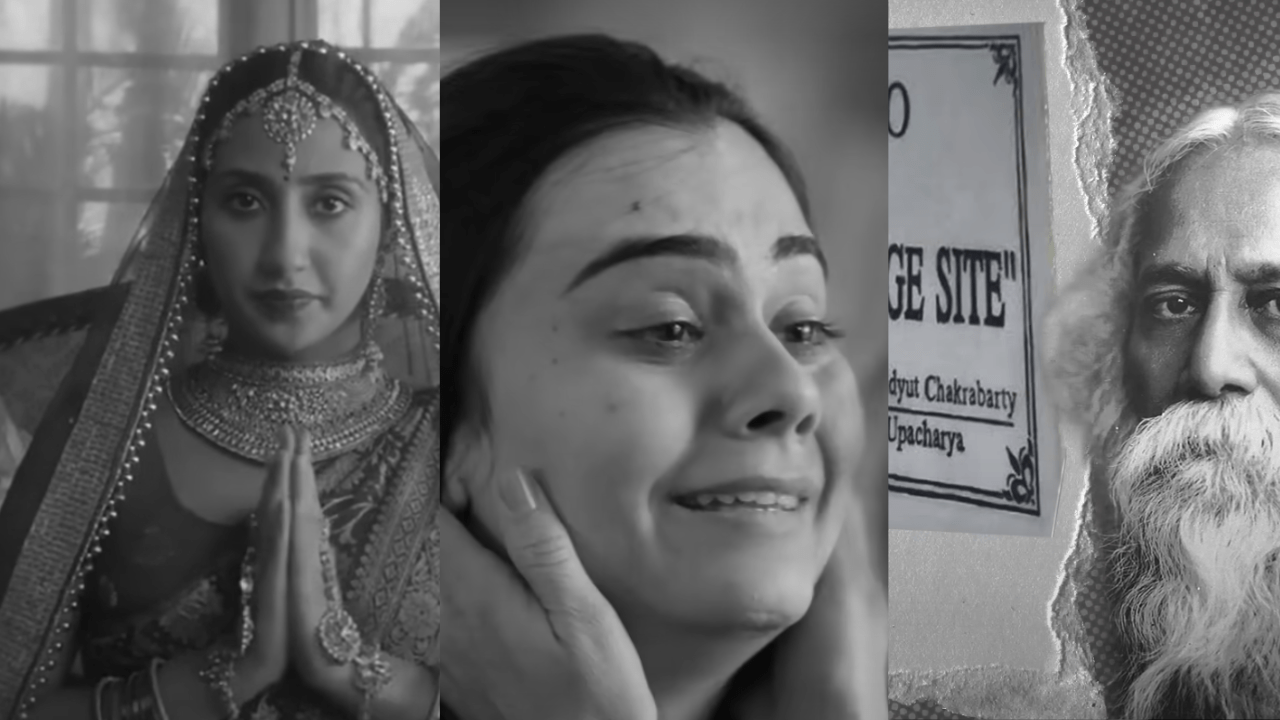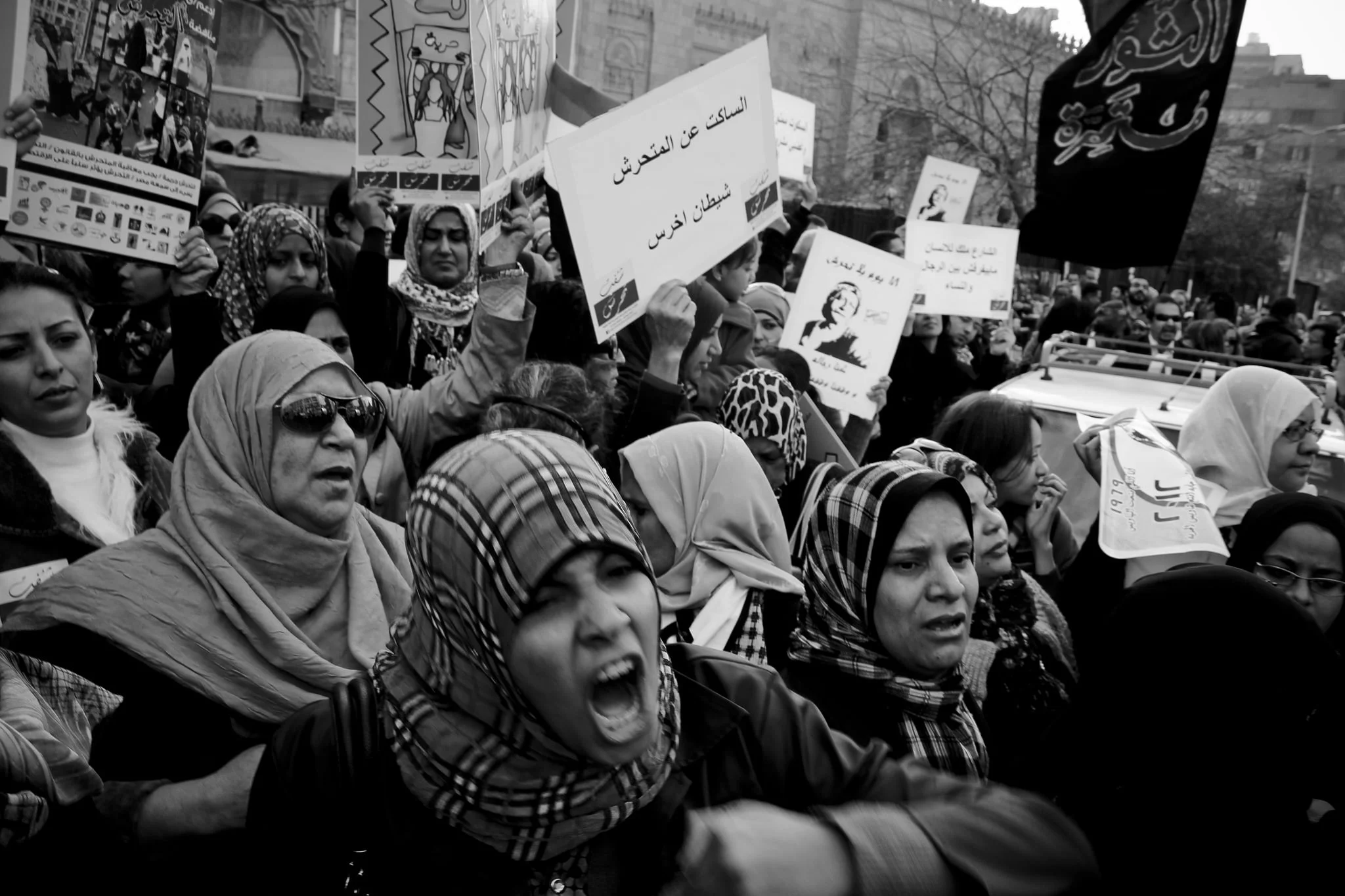The Lok Sabha elections are in full swing with phase one, two and three voting already done and voters queuing up for phase four elections. This won’t be an exaggeration to mention that Indian general elections are nothing short of big fat Indian weddings with pomp and pride.
Political campaigning for elections in India presents a spectacle of colourful processions, huge mobs of people, myriad hoardings and posters, sloganeering and political party songs, and boastful speeches by the leaders. Adding to this list is the online and television campaigning which comes into full action through advertisements, troll wars and now also with AI-generated content.
Like every election year this year also saw various political advertisements by different political parties showcasing their promises, years of work and election manifestos. In short, these advertisements persuade the voters to vote for a particular candidate and shun the opposition candidates.
In the largest democracy in the world, political campaigning for the elections becomes quite pertinent owing to the huge voter population and vast constituencies. According to the Election Commission of India, nearly 986.8 million voters can cast their vote in the Lok Sabha elections.
With the country going digital and 820 million active internet users, half of them, about 442 million, coming from rural areas, Indian political parties know which chords to hit. Political parties have launched their campaigns on social media, like Facebook, Instagram, and YouTube and have also hit our television screens. Advertisements, trolls and meme wars could be seen all over social media. However, these advertisements present a grim picture of the country’s sociopolitical and cultural values, as many a time, these advertisements are extremely distasteful owing to their controversial nature.
The ruling party’s political advertising and other campaigns
A few days before the second phase of voting in Karnataka, BJP Karnataka released an animated video with Rahul Gandhi and the CM of Karnataka shuffling with some eggs.

According to the Indian Express, the video showed “Rahul Gandhi and Siddaramaiah placing a large egg labelled ‘Muslims’ in a nest along with ‘SC,’ ‘ST,’ and ‘OBC,’ eggs. After an explosion sound, a large hatchling with a skull cup and beard is shown staring at the three other hatchlings. The video then shows Gandhi feeding all the ‘funds’ to the large hatchling, which grows bigger and pushes out the other three from the nest.”
The video specifically targets and demonises Muslims. BJP has tried to cash in on the inaccurate and false claims laid down by PM Modi’s vote-canvassing speeches about Congress’s wealth distribution. The PM claims that Congress will redistribute the wealth among Muslims and make them big stakeholders in the country. And all of this is written in Congress’s manifesto according to this big claim.
The video specifically targets and demonises Muslims. BJP has tried to cash in on the inaccurate and false claims laid down by PM Modi’s vote-canvassing speeches about Congress’s wealth distribution. The PM claims that Congress will redistribute the wealth among Muslims and make them big stakeholders in the country. And all of this is written in Congress’s manifesto according to this big claim. However, by now many critics and journalists have busted this myth of wealth distribution and its mention in the Congress manifesto.
The Premier of the country and his party have left no chance to demonise the country’s Muslim populations, from calling them invaders, infiltrators, and people who birth many children to advertisements mirroring the same lies and spreading further hatred towards the already marginalised community.
According to the Indian Express, “Karnataka Congress on Sunday filed a complaint with the Election Commission of India (ECI) in connection with the video, which was posted by the BJP on X on May 4.”
Yet nothing could beat this year’s biggest farce and facade: War rukwadi Papa! BJP’s advertisement displays a female student coming back to India after being stuck in the Ukraine war. The student while hugging her parents, says that PM Modi stopped the war in Ukraine and brought home all the students. There is no evidence that PM Modi stopped or even intervened in the war between Russia and Ukraine. The advertisement lacked facts and exacerbated the already miserable situation of misinformation and disinformation in India.

The list of problematic advertisements by the BJP goes on. Another advertisement that the BJP posted on YouTube a month ago, showcased a woman as a bride, with all leaders from the INDIA bloc coaxing her to marry one of the candidates. Apart from being highly sexist, and misogynistic displaying a woman as a bride, and all the political parties in the INDIA bloc coaxing her to marry them, the advertisement gives into regionalism and xenophobia.
Besides advertisements on social media and television sets, Artificial intelligence is also being capitalised on by many political parties, especially by BJP. We have seen many posters and videos where PM Modi with the help of AI is being compared to Gods.
According to Al Jazeera, “a realistic AI-generated image of Indian Prime Minister Narendra Modi, styled as Bhishma Pitamah from the ancient Hindu epic Mahabharata, was boosted as a political advertisement on Instagram. This Instagram image was created by the right-wing page Hokage Modi Sama and first posted in 2023.”
The report further mentions, “Over the past three months revealed that Hokage Modi Sama promoted nearly 50 pieces of AI-generated images of Modi, making it the leading advertiser of AI-generated Modi images on Instagram.”
Advertisements and campaigns by other political parties
According to Google Ads Transpeancy Centre, the ruling party Bhartiya Janta Party spent rupees 39,41,78,750 on around 80,667 political advertisements before elections this year. The Indian Today report mentions that “over 81% of the BJP’s digital ad expenditure was dedicated to promoting ads through Google Adsense and YouTube.”
But, the BJP is not the only one spending millions of rupees on political advertisements. According to a report by Reuters “Congress spent about 767 million rupees in the last fiscal year 2022/23.”
In the 2023 elections in Rajasthan, the Indian National Congress pulled out an advertisement in a newspaper, camouflaging it as a news piece. The Election Commission of India issued a show cause notice to the Congress for the same as the advertisement was creating confusion in the minds of voters.

However, BJP and Congress are not the only ones spending millions on advertisements, West Bengal’s CM Mamata Banerjee and her party TMC also didn’t shy away from spending millions of rupees on political advertising.
TMC’s election advertisement mainly attacks the BJP as a band of outsiders, who are ignorant of Bengal’s unique culture and have ridiculed Bengali cultural figures like Rabindranath Tagore, and Netaji Subhas Chandra Bose and mocked Durga, the Hindu goddess to promote Ram. While cashing in on cultural sentiments in their ad campaign, TMC seems to have very conveniently forgotten the fact that despite the glitz of new roads, skyscrapers and streetlights in Kolkata, the State is reeling under a massive unemployment crisis.
Role of the Election Commission and the Constitution
Many parties’ code of conduct goes against the guidelines set by the Election Commission of India to conduct free and fair elections.

According to Deccan Herald, “Model Code of Conduct (MCC) is a set of guidelines aimed at ensuring a level playing field for all political parties. MCC lists all the dos and don’ts for political parties’ campaigning ensuring fair elections. It deals with eight provisions – general conduct, meetings, processions, polling day, polling booths, observers, the party in power, and election manifestos.”
However, in the past ten years, we have also seen a decline in the proper functioning of ECI. Many speeches including the recent speech of PM Modi in Rajasthan and advisements like the Karnataka BJP’s conspiracy advertisement do breach the code of conduct necessary to follow for free and fair elections.
Deccan Herald further mentions “MCC is strictly binding on all parties. In case of a suspected violation, ECI issues notice to a party or candidate, either independently or in response to a complaint from another party or candidate. Upon receiving such notice, the party or candidate in question must respond in writing, either acknowledging fault and offering an apology or refuting the accusation. If the latter happens and they are found guilty afterwards, they may receive a written reprimand from the ECI, which many consider to be a mild punishment.”
However, in the past ten years, we have also seen a decline in the proper functioning of ECI. Many speeches including the recent speech of PM Modi in Rajasthan and advisements like the Karnataka BJP’s conspiracy advertisement do breach the code of conduct necessary to follow for free and fair elections. It seems that the decline has not only manifested itself in the freedom of speech and political expression in the country over the past decade but also the democratic systems like ECI.
According to The Hindu, “Section 126 of the Representation of the People Act, 1951 prohibits the display of election matters during the 48-hour silence period. Despite clear rules, a study conducted by CSDS-Lokniti has found political parties to be spending substantial money on advertising campaigns on social media during this time.”
The study further mentioned, “that 13 out of 50 ads of the BJP were aired during the silence period in constituencies participating in the first phase of elections.”
However, the only problem with the election campaigns and advertisements is not that they only disseminate hate, spite, sexism, misogyny and propaganda, it is that they are unconstitutional and go against the sociopolitical and democratic fabric of the country.
About the author(s)
Shahinda is a multimedia journalist with an experience of more than five years. She has an interest in covering politics, gender, conflict, and gender-based violence/crime. In addition, she has experience in reporting, photography and documentary filmmaking. She has done her Masters in Mass Communication from AJK MCRC Jamia Millia Islamia, New Delhi.





